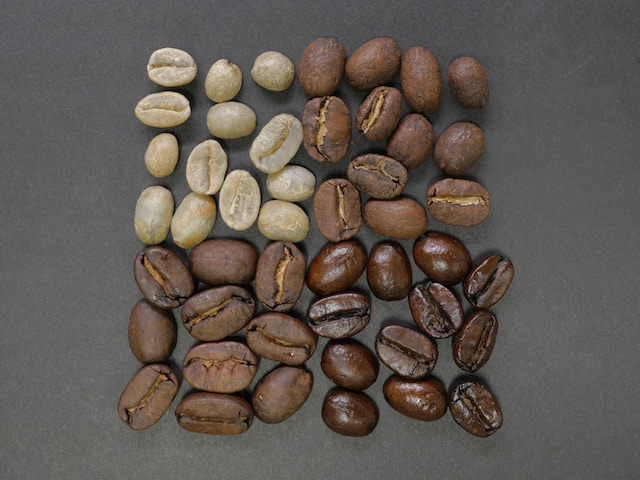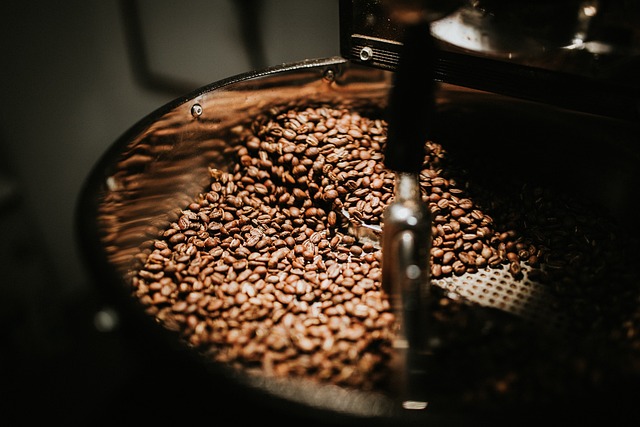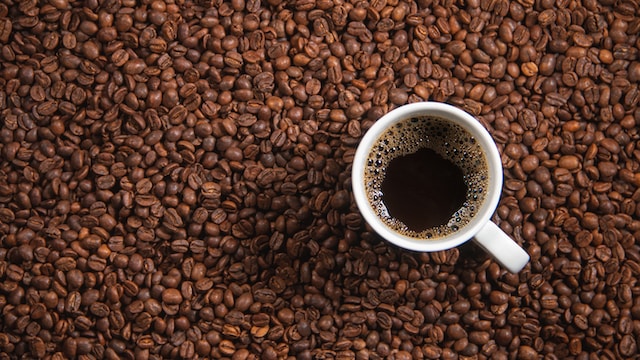Does Coffee nap work?
A coffee nap, also known as a caffeine nap, is a short nap taken immediately after consuming a cup of coffee or another caffeinated beverage. The idea behind this productivity hack is to combine the benefits of a brief nap with the stimulating effects of caffeine, resulting in a significant boost in alertness and cognitive performance.
The popularity of coffee naps as a productivity hack

With today’s fast-paced lifestyle, people are constantly seeking ways to increase their productivity and combat the midday slump. Coffee naps have gained popularity in recent years as a quick and efficient method to recharge and refocus during the day.
Examining the effectiveness of coffee naps
This essay aims to explore the science behind coffee naps, review the evidence supporting their effectiveness, discuss factors to consider for a successful coffee nap, and identify potential drawbacks and limitations.
The science behind coffee naps

The role of adenosine in sleepiness
Adenosine is a neurotransmitter that plays a crucial role in regulating sleep-wake cycles. As adenosine levels rise throughout the day, it binds to specific receptors in the brain, promoting a feeling of drowsiness and eventually initiating sleep. During sleep, adenosine levels decrease, allowing the brain to awaken refreshed and alert.
How caffeine competes with adenosine
Caffeine, a natural stimulant found in coffee, tea, and other beverages, works by blocking adenosine receptors in the brain. By preventing adenosine from binding to these receptors, caffeine reduces feelings of drowsiness and promotes alertness. The health benefits of coffee and its effects on brain function have been well-documented.
The impact of sleep on adenosine levels
Sleep allows the brain to clear accumulated adenosine, reducing drowsiness and promoting alertness upon awakening. A short nap of 15-20 minutes can be enough to decrease adenosine levels and provide a temporary boost in alertness.
Studies supporting the effectiveness of coffee naps
Benefits of coffee naps on alertness and cognitive performance

Several studies have demonstrated the effectiveness of coffee naps in improving alertness and cognitive performance. In one study, participants who took a coffee nap reported significantly higher alertness and better performance on cognitive tasks compared to those who took a regular nap or consumed caffeine alone.
Comparison to regular naps and caffeine consumption alone
Research has shown that coffee naps can be more effective in improving alertness and cognitive performance than regular naps or caffeine consumption alone. This is likely due to the synergistic effects of caffeine and sleep in clearing adenosine and promoting wakefulness.
Factors to consider for a successful coffee nap
Timing of caffeine intake and nap duration
To maximize the benefits of a coffee nap, it is essential to consume caffeine immediately before taking a nap. The nap should last no longer than 15-20 minutes to avoid entering deep sleep and experiencing sleep inertia upon awakening. Additionally, it takes about 20-30 minutes for caffeine to reach peak levels in the bloodstream, allowing the stimulant effects to kick in just as the nap ends.
Individual caffeine sensitivity
Caffeine sensitivity varies among individuals, so it is important to consider personal tolerance when incorporating coffee naps into a daily routine. Some people may experience increased anxiety or difficulty falling asleep if they consume caffeine too close to bedtime.
Environmental factors for optimal napping
Creating a comfortable and quiet environment is essential for a successful coffee nap. This includes finding a suitable location, minimizing distractions, and ensuring proper lighting and temperature
Potential drawbacks and limitations of coffee naps

Issues with sleep hygiene
While coffee naps can provide a temporary boost in alertness and cognitive performance, it is important to maintain good sleep hygiene and prioritize getting sufficient restorative sleep at night. Relying too heavily on coffee naps could lead to a cycle of inadequate nighttime sleep and increased daytime sleepiness.
Inconsistency in individual response
Not everyone may experience the same benefits from coffee naps. Some individuals might find it challenging to fall asleep quickly after consuming caffeine, or may not experience a significant boost in alertness upon awakening.
Potential over-reliance on caffeine
It is essential to avoid over-reliance on caffeine as a stimulant, as excessive consumption can lead to negative side effects such as increased heart rate, elevated blood pressure, and disrupted sleep patterns. It is crucial to consume caffeine in moderation and be aware of personal limits.
Conclusion

Summary of the evidence supporting the effectiveness of coffee naps
The combination of a short nap and caffeine consumption, known as a coffee nap, has been shown to provide a greater boost in alertness and cognitive performance than either napping or caffeine consumption alone. This is likely due to the synergistic effects of caffeine and sleep in clearing adenosine and promoting wakefulness.
Recommendations for incorporating coffee naps into a daily routine
To reap the benefits of a coffee nap, it is important to consume caffeine immediately before taking a 15-20 minute nap, consider personal caffeine sensitivity, and create a comfortable and quiet environment for napping. It is also essential to prioritize good sleep hygiene and maintain a balanced approach to caffeine consumption.
The importance of considering individual preferences and needs
While coffee naps can be an effective productivity hack for some, it is crucial to consider individual preferences and needs when incorporating them into a daily routine. Factors such as personal caffeine sensitivity and response to napping can influence the effectiveness of coffee naps.
Other productivity strategies and techniques
Coffee naps are just one of many potential strategies for boosting productivity and combating daytime sleepiness. It is essential to explore and experiment with various techniques to find the best approach that suits individual preferences and lifestyle.







